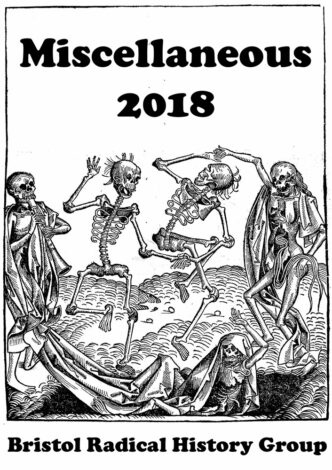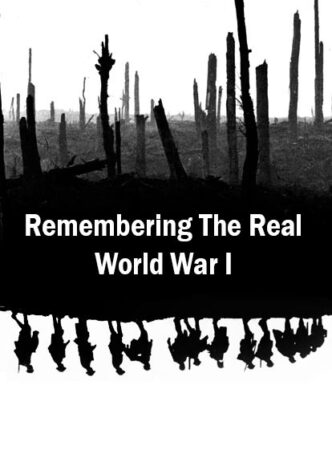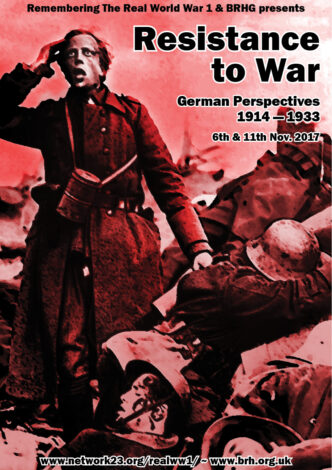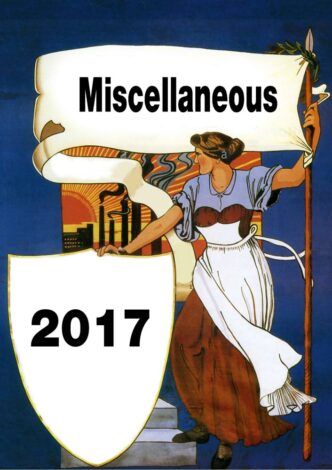In Russia in October 1917 the Bolsheviks could rule only in coalition with LEFT SOCIALIST REVOLUTIONARIES who's charismatic leader MARIA SPIRIDONOVA was the equal of Lenin. Till April 1918 they maintained a fragile alliance but by June an uprising was inevitable and the outcome uncertain. SPIRIDONOVA maps those few months as tension grows and the divide between Leninism and a more libertarian socialism becomes starker........and fixed in history. Spiridonova is awash with assassins, plotters, […]
Tony Benn was a great chronicler of his times and in this final chronicle of his life he reflects on the moments that defined his political and personal life experiences. This programme uses interviews recorded over time and an exclusive wide ranging final conversation in his later years together with unique, unseen family and personal film archive to chart the defining moments in his long political life. The programme is introduced by its producer, David Parker.
Two performances at 13.15 & 15.30 Venue: Bristol Cathedral, College Green, BS1 5TJ Pianist: Steven Kings Soprano: Heather Ashford No booking required and no admission charge but there will be a collection at each performance. Visitors to the Refusing To Kill exhibition in Bristol Cathedral will have learnt about Frank Merrick and even heard his voice. With the support and involvement of Frank’s family we are now pleased to present a performance of some of his music. Frank Merrick was 31 when […]
My talk will draw on my father’s remarkable life in Germany up till 1933. I will use it to illustrate how the Nazis first built on the defeat of the 1918/19 Bavarian workers (and sailors) uprising, a consequence of the war, by the viciously anti-Communist Freikorps. My father, having observed the early Nazis and more aware than many on the left of how dangerous they were, was later deeply involved in the almost forgotten resistance to the Nazis pre-1933. He was active in a number of […]
The German revolution of 1918-20 and its violent suppression is a little known event in the British popular memory. Where it is described the narrative typically commences with the mutiny of sailors from the German High Seas fleet over the first few days of November 1918. However, the numerous actions against the continuation of the war by hundreds of thousands of German soldiers on the western front during the preceding summer, have only been recently exposed by the work of historian Nick […]
During and after the First World War, ‘German’ and ‘Germany’ became bywords for militarism and a hundred years later commemoration of the First World War centenary can sometimes give the impression that the war was accepted without opposition in Germany, and that the First World War was fought without any dissenting German voices. This talk will look beyond German militarism at the various forms of anti-war resistance practiced by German citizens, including those conscripted into the German […]
On November 11th, Armistice Day, we traditionally mourn the British and allied dead. In fact, the war was a tragedy for all the peoples who took part and we should mourn all those who died. There were people on both sides who opposed the war at the time and said it was a waste of human life and resources. These talks recount the little-known histories of some of those Germans who opposed war between 1914 and 1933. In Britain, remembrance ceremonies are accompanied by military parades which […]
Vastfronten 1918 Dir: Georg Wilhelm Pabst, 1930, 97 mins, Cert: PG As part of a series of events looking at World War 1 from a German perspective, we are very pleased to provide a rare chance to see what has been acclaimed as ‘one of the greatest anti-war films’. Made in 1930 by the acclaimed German director Georg Pabst, this sub-titled version is screened thanks to the support of the Goethe-Institut. The screening will be introduced by Humberto Perez-Blanco, Senior Lecturer in Film Studies at […]
"Battling for Bristol" is an evening of films, put on by the Bristol Radical History Group as part of the Journey to Justice month. The series of short films cover Bristol struggles for equal rights. It will include the risings of 1831,1980 and 1986, the demands for decent housing and for equality for women workers, as well as a documentary of the boycott that ended job discrimination on Bristol buses.
As part of the Journey to Justice events this walk is about the struggles of Bristol’s men and women workers in the late 19th and early 20th centuries. It starts on Valentine Bridge (behind Temple Meads Railway Station) with an introductory talk, crosses over to Avon Street, continues through the old industrial working class areas of St Philip’s and Barton Hill via the Great Western Cotton Factory, and ends at the Old Council House in Corn Street. Starting at Valentine Bridge on the Floating […]



